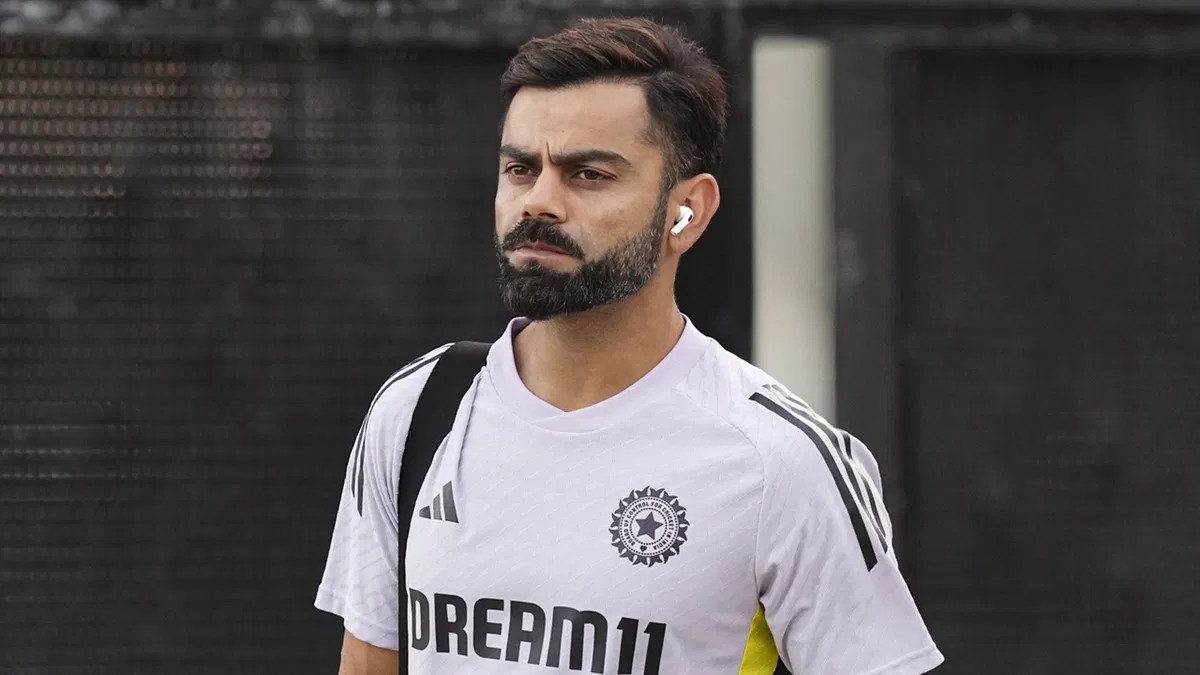BCCI Considers Revising Family Stay Policy Following Virat Kohli's Critique
Sports CricketPosted by NewAdmin on 2025-03-19 08:54:08 |
Share: Facebook | Twitter | Whatsapp | Linkedin Visits: 24

The Board of Control for Cricket in India (BCCI) is contemplating changes to its family stay policy for players on international tours, prompted by recent criticisms from former captain Virat Kohli. The existing guidelines, implemented after India's Border-Gavaskar Trophy defeat to Australia, restrict family members from joining players on overseas assignments.
Under the current policy, players on tours exceeding 45 days can have their partners and children (under 18) accompany them for one visit per series, limited to a two-week period. For shorter tours, the duration is further curtailed. These measures were introduced in response to concerns that family presence might distract players and affect on-field performance.
However, Kohli recently voiced his dissatisfaction with these restrictions, emphasizing the importance of having loved ones nearby during lengthy tours. He highlighted that the presence of family members provides emotional support, helping players navigate the pressures and potential isolation inherent in international cricket.
In light of Kohli's remarks, sources indicate that the BCCI is re-evaluating its stance. The board may permit players to apply for extended family stays, with approvals considered on a case-by-case basis. This potential policy shift aims to balance professional commitments with personal well-being, acknowledging the role of familial support in a player's mental and emotional health.
The debate over family presence on tours isn't new. Historically, the BCCI has grappled with finding an equilibrium between maintaining team focus and accommodating players' personal lives. The recent discussions underscore the evolving understanding of mental health in sports and the necessity of policies that reflect this progression.
As the BCCI deliberates potential amendments, the cricketing community awaits a resolution that harmonizes the demands of international competition with the personal needs of its players.
Search
Categories
Recent News
- Massive Development Push in Nellore Rural: 240 Projects, One Goal
- Unveiling the Truth: Maxwell Emails Validate Prince Andrew's Scandalous Photo
- Royal Courage: Kate Middleton's Cancer Battle and Message of Hope
- Solar Power Shines on Temple Lands
- Suryakumar's Resurgence: A Masterclass in Adaptability
- Andhra Pradesh Welcomes Massive Solar Investment
- Giannis' Loyalty Tested: The Bucks' Future in Question
- Ronaldo's Saudi Saga: A Looming Resolution?
Popular News
- Navigating IPO Market Dynamics Amid Volatility and Regulatory Changes
- Massive Worldwide Microsoft Outage Disrupts Multiple Sectors
- Panjapur Bus Stand to Reshape TNSTC Routes
- తెలుగుదేశం పార్టీ - పేదరికాన్ని నిర్మూలించడంలో వాగ్దానం
- Universities Embrace Remote Learning Technologies Amidst Ongoing Pandemic